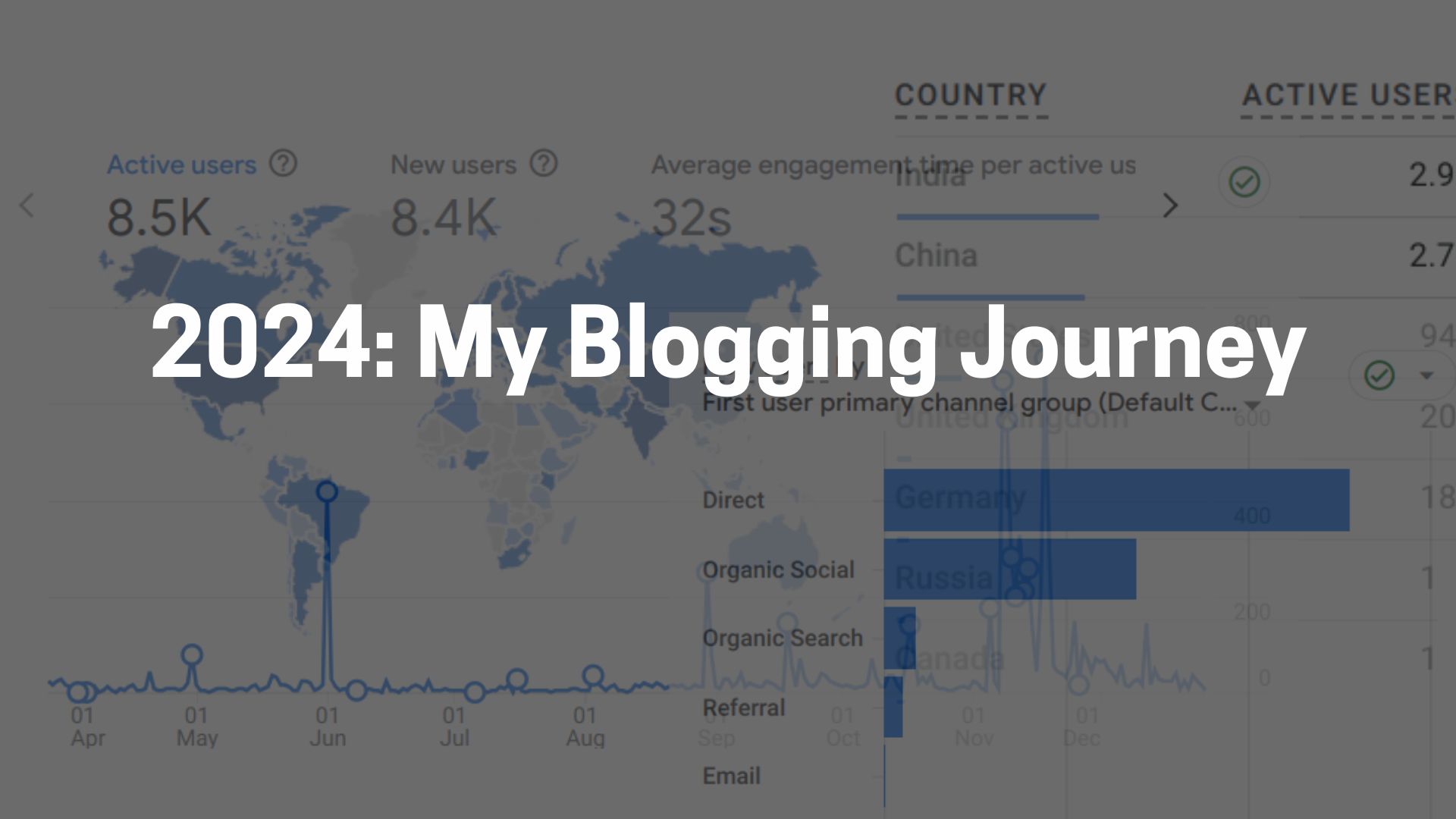Unexpected. If I could describe my blogging journey with just one word, this would be the word I’d use. I did not expect in my wildest dreams that my writing would gather this big of an audience.
Why Did I Start Blogging?
If I’m being really honest, starting a blog wasn’t my own plan. I was lurking in @svs’s Discord server and came across this message from him:
“It’s a total cheat code. All you humble people thinking you got nothing worth saying are totally missing the point. The point is not to advance the state of computer science. The point is to give others the chance to know you. And offer you jobs. The number of interviews I didn’t have to take because of my blog. Unreal.”
And when I thought I didn’t have anything original to share, I saw another message of his:
“Telling an engineer there’s already a blog post about engineering is like telling a songwriter there is already a song about love.”
These words really moved me somehow. I was a big lurker on Twitter at that time and never posted anything. Starting a blog made me break that cycle, for good. I began blogging about my learnings, projects, or anything that crossed my mind. I started the blog thinking it’d be a tech blog, but now the range encompasses both personal essays and technical posts.
The Virality Experience
After starting the blog, I integrated Google Analytics within the first two weeks. Watching people reading my articles in real-time was a really good dopamine boost, not gonna lie.
Although the views regularly spiked if any of my Twitter posts went viral, the major turning event was when this Golang project of mine got featured in the Golang Weekly newsletter. That post got so many eyeballs that I was reached out to by very senior engineers on Twitter appreciating my project and curiosity. It felt really, really good.
What Made This Work?
- Consistency in publishing: Posting at least once every two weeks kept my blog active and readers engaged.
- Writing about my actual experiences in addition to theoretical knowledge.
- Cross-posting on platforms like Dev.to and Hashnode to expand reach.
- Engaging with readers in comments and on social media.
The Juicy Part: Analytics
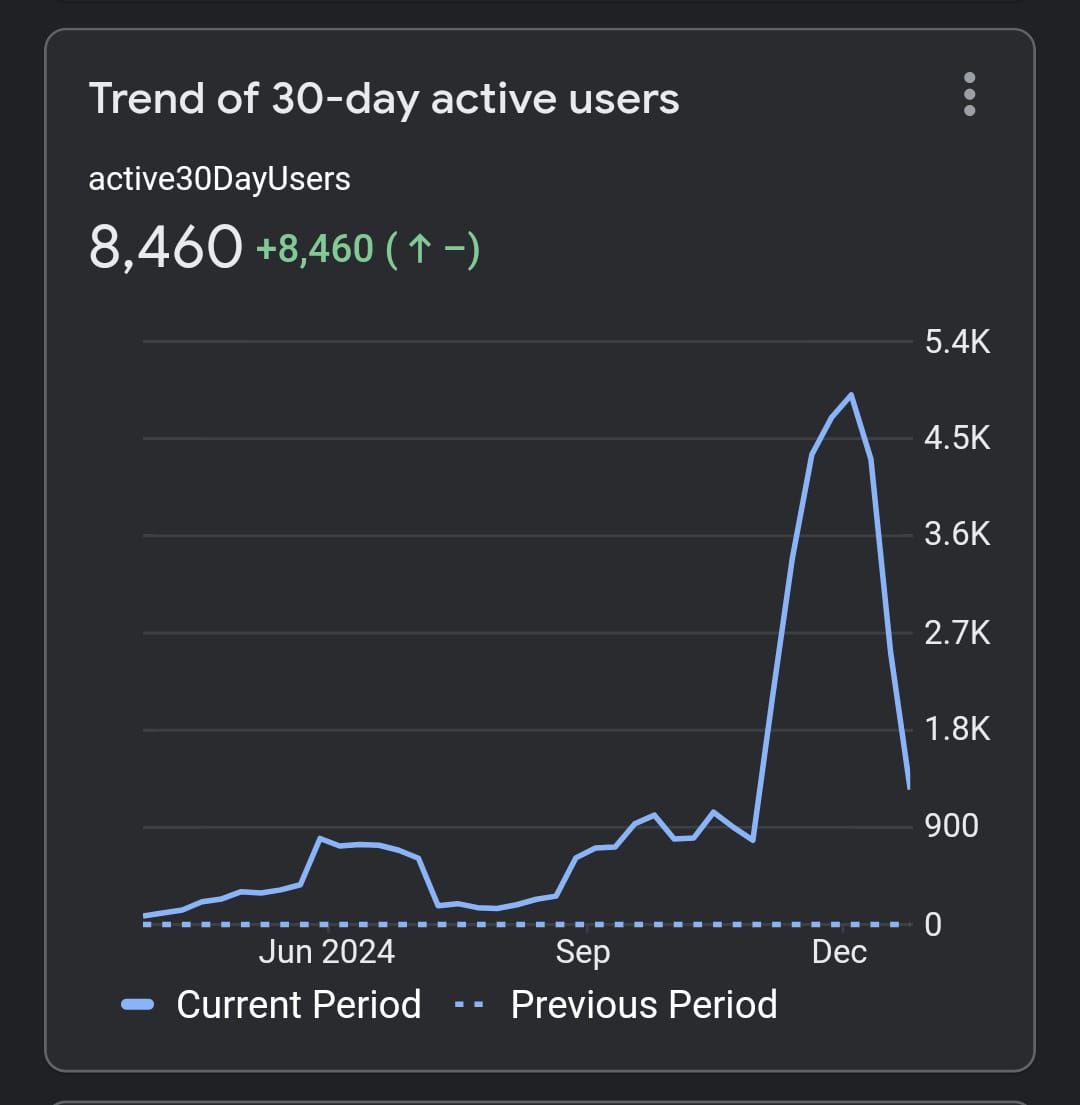
The most traffic was after the brainrot language server post.
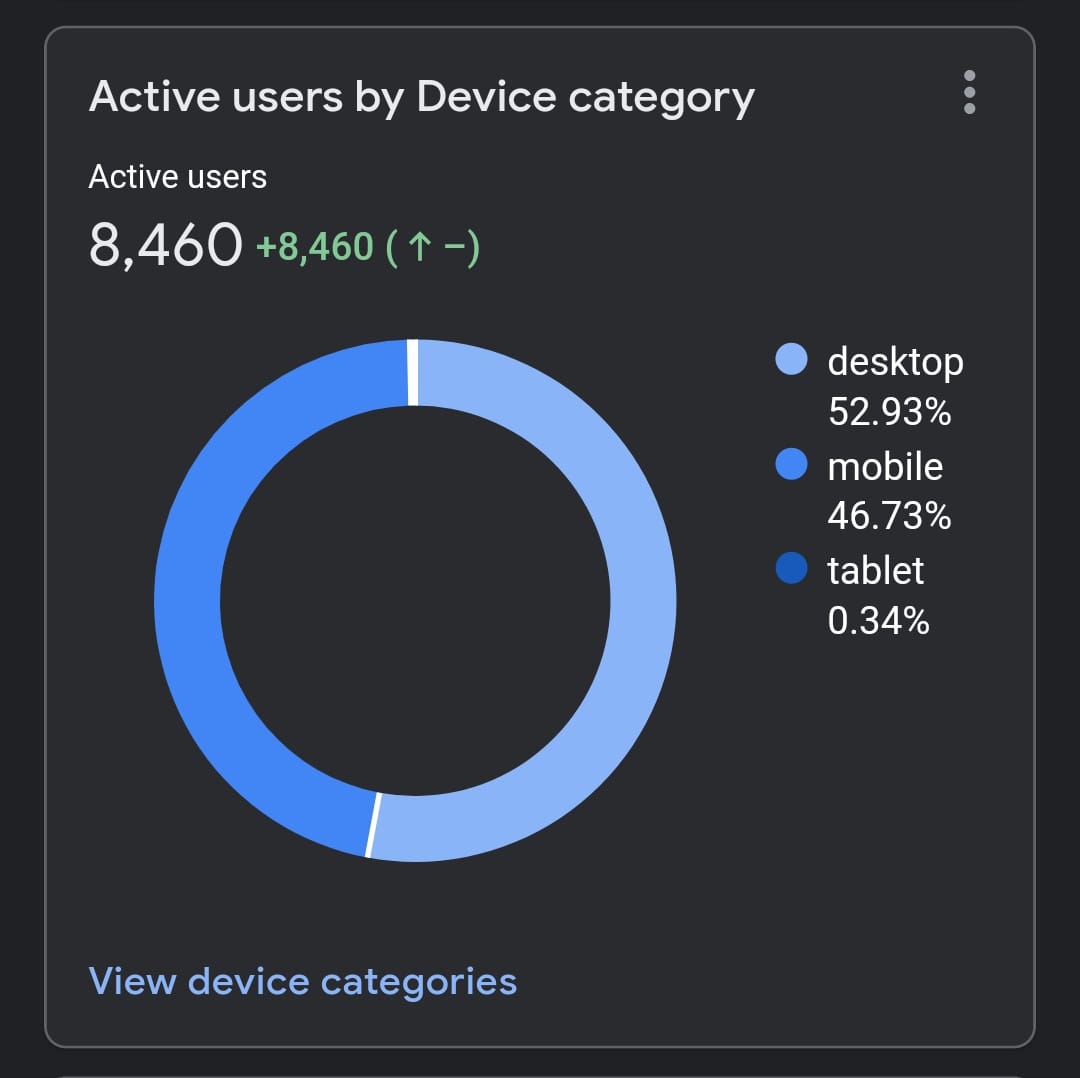
Surprisingly, desktop users are more in number than mobile users.
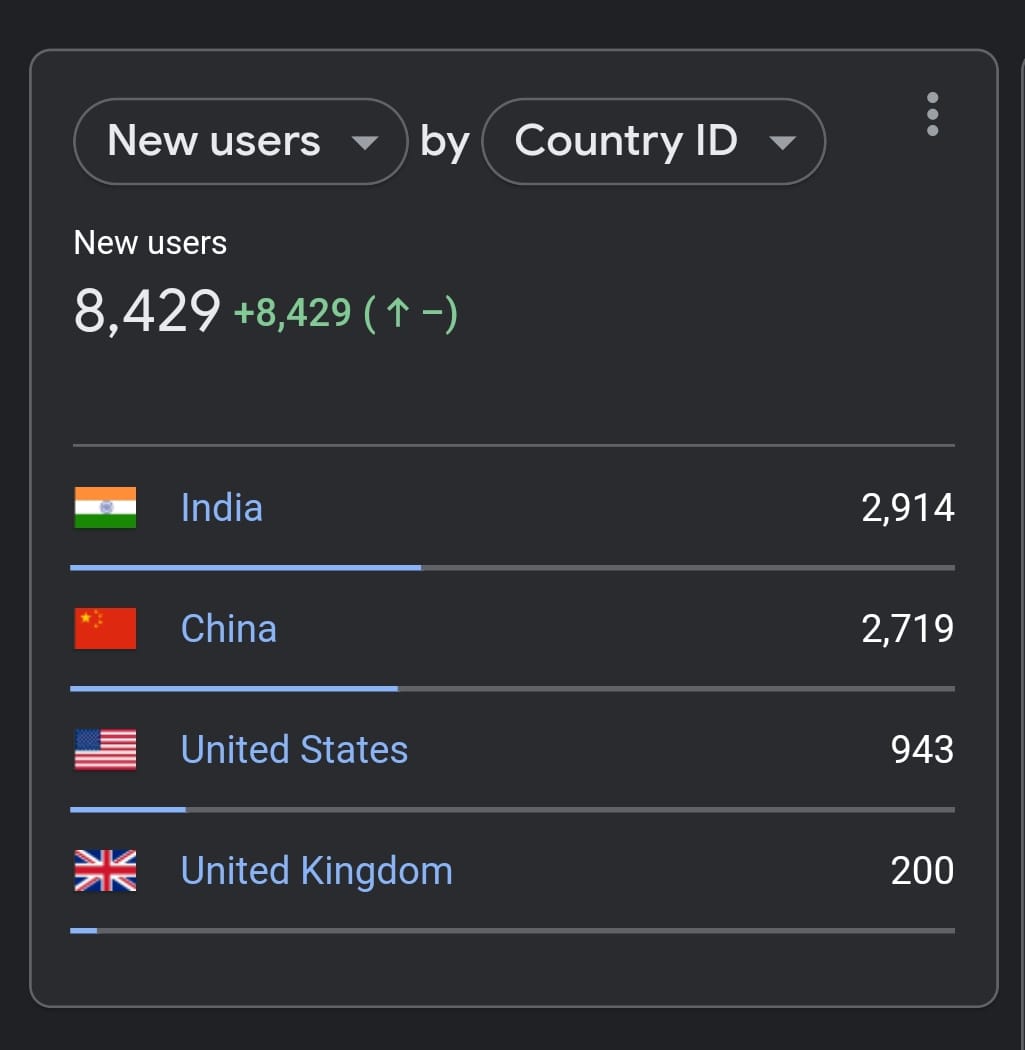
Even though the numbers follow the relative sampling of the population, China's numbers were unexpected.
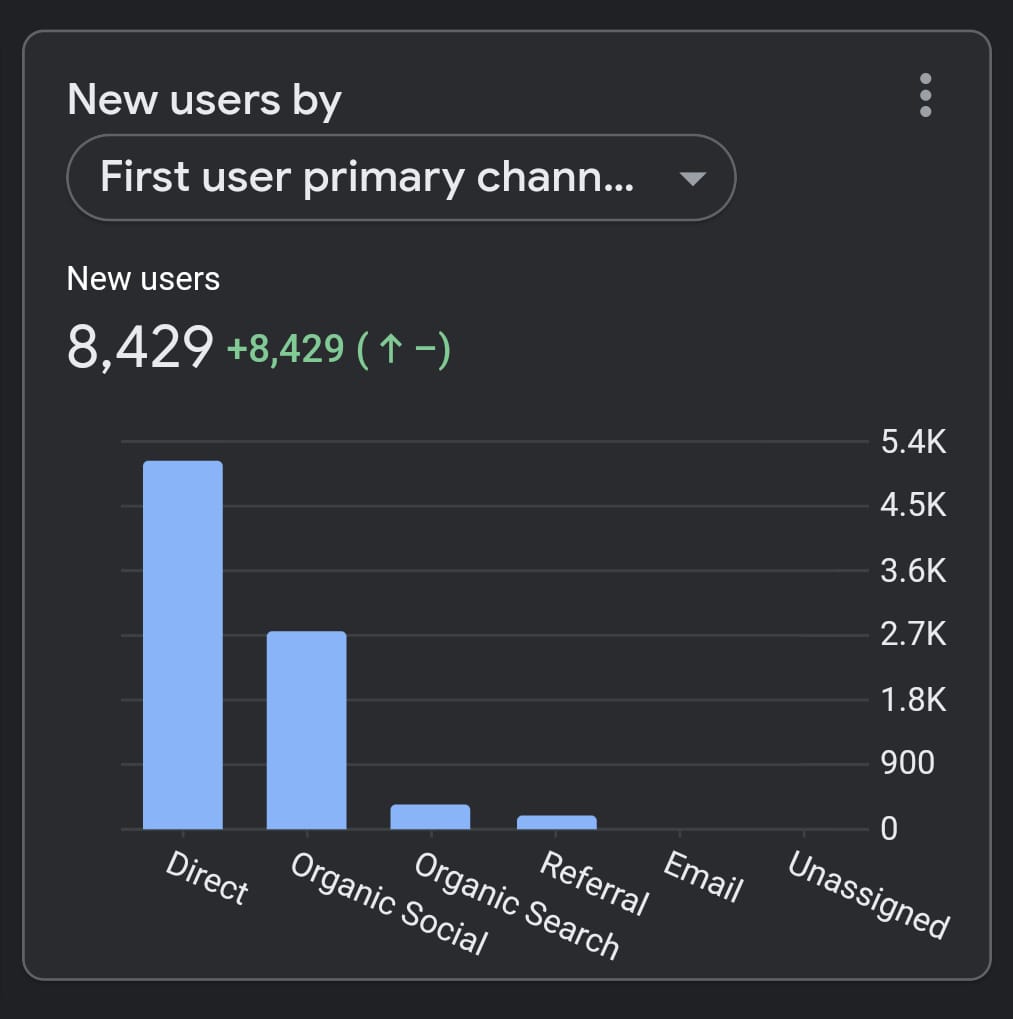
Initially, traffic was majorly from social media, but later direct links caught up.
Unexpected Opportunities
The blog opened doors I never imagined:
- One freelance project via Twitter DM.
- Two internship opportunities.
- Speaking invitation at one tech workshop.
- Got reached out to by really senior engineers on Twitter.
- Built a network of like-minded developers.
Lessons Learned
- Don’t wait too much on polishing your writing. This is a blog, not a book.
- Personal experiences resonate more than tutorials.
- Writing consistently beats writing perfectly.
- Community engagement drives sustainable growth.
What’s Next for 2025
- Focusing on longer, more in-depth technical series.
- Documenting every project of mine.
- Trying to write more essays.
Conclusion
This year was really, really great. I learned so much and, in the process, created a personal space for platforming my opinions with no filters. What started as just another tech blog turned into something way more personal—a place where I could ramble about code, life, and everything in between. The best part? Finding out I wasn’t just shouting into the void. Other devs actually related to my struggles and celebrations!
Looking back, I’m just grateful for this little corner of the internet I can call my own.
Thanks for reading! See you next year, haha!!!
